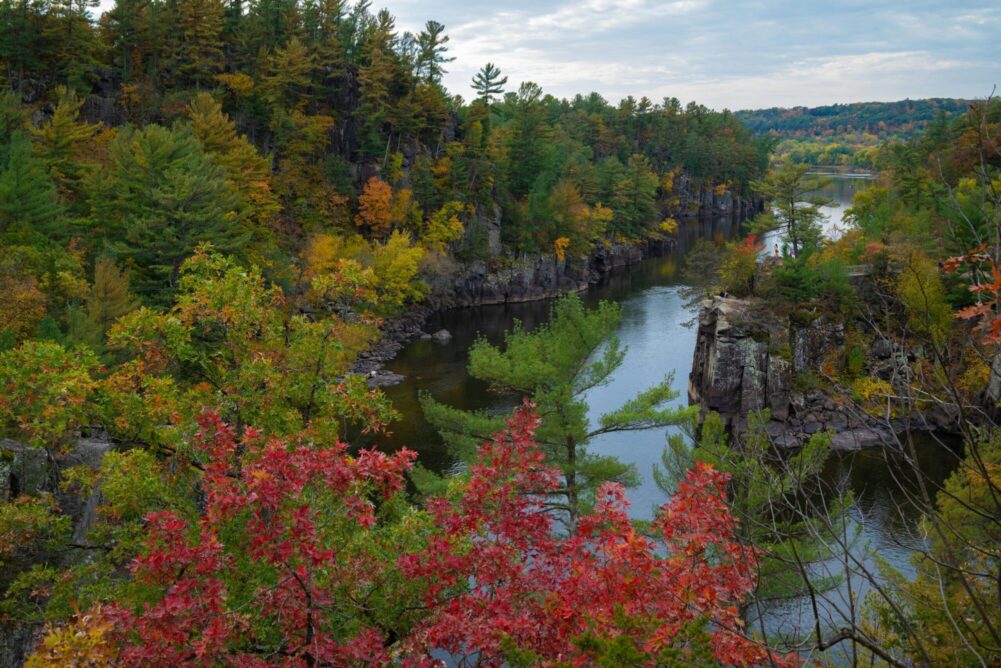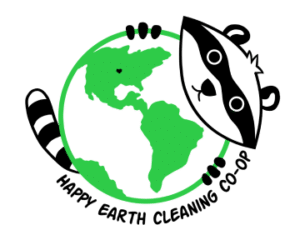
Introduction
Welcome to Day 2 of Happy Earth Cleaning Co-op’s Earth Week celebrations! Today, on April 23rd, we’re focusing on flora and how plastic waste affects plant life. As Happy Earthlings adorn themselves in floral and plant-themed attire to honor our planet, we embark on a journey to understand the profound impact of plastic waste on our green companions.
The Importance of Flora
Plants are essential for life on Earth. From majestic trees to delicate flowers, plant life enriches our landscapes and provides vital resources like oxygen, food, medicine, and shelter. Did you know that forests cover about 31% of the Earth’s land? They’re crucial for biodiversity and are even carbon sinks, absorbing billions of tons of carbon dioxide annually. That’s equivalent to a third of fossil fuel emissions.
And yet, deforestation is occurring at unsustainable rates. Forests are often cleared for cattle ranching, logging for timber, or palm oil production. Deforestation is a major cause of biodiversity loss, driving many species like orangutans to the brink of extinction. Deforestation also harms Indigenous peoples who rely on the forest for their livelihoods. Without tree roots holding soil in place, erosion can happen, which means healthy soil is swept into rivers or blown away in the wind, making it more difficult for new plants to grow again. And of course, the fewer trees we have removing carbon dioxide from the atmosphere, the quicker our planet heats up. If we’re going to fight climate change, we need to plant new trees and protect existing forests.
Plastic Pollution: A Growing Threat to Plant Life
While plastic pollution may not directly cause deforestation, its impact on the environment is undeniable and severe. Plastic garbage releases harmful chemicals into the soil and gets eaten by animals, messing up entire ecosystems and hurting plants. In 2020, the first-ever field study to explore how the presence of microplastics can affect soil was published. The paper notes that microplastic pollution in soil has led to the decrease of species that live below the surface, like mites, larvae and other tiny creatures. Those small bugs and bacteria are what keep the soil full of oxygen and nutrients for plants to use!
One study found that microplastics can lead to water loss and drying out of soil. Another found that microplastic fibers caused differences in leaf growth of spring onions. And one more study found that exposure to soil plastics caused reduced weight, height, chlorophyll content, and root growth of Arabidopsis thaliana, a relative of cabbage and broccoli.
Chlorinated plastic can release harmful chemicals into the surrounding soil, which can then seep into groundwater or other surrounding water sources, and the rest of the ecosystem. This can cause a range of potentially harmful effects on all the plant and animal species that drink the water. This is a relatively new field of research, so we’re not even sure all the ways that plastic can harm plants (and us). One thing we do know is that plastics take an incredibly long time to degrade, and some will stay in the environment forever! This means it’s crucial for us to solve the plastic pollution problem.
Action Plan
Join us in making a difference today – will you take at least one of these simple actions?
- Take Action with American Forests.
- Donate to One Tree Planted.
- Combat microplastic pollution in your garden.
- Keep plastic fibers out of the water system by washing your polyester clothing in a Guppyfriend bag.
- Reduce your use of wood fiber products like paper and cardboard.
- Switch to sustainable toilet paper brands like Who Gives A Crap.
- Opt out of junk mail to reduce paper waste.
- Check product labels for responsibly sourced palm oil using the WWF’s scorecard.
- Eat less meat, particularly beef – the #1 cause of deforestation in the Amazon.
- Live in Minneapolis? See if you qualify for a free tree!.
Recycling Trivia
Happy Earthlings will test their knowledge and learn practical tips for reducing plastic waste by joining in the break room at 5 PM for a fun recycling trivia game!
Conclusion
As Day 2 of Earth Week comes to an end, let’s renew our commitment to safeguarding our planet’s precious flora. By tackling the challenges of plastic pollution head-on, we can create a future where plants thrive in harmony with nature. Join us tomorrow as we explore the impact of plastic pollution on animal welfare during our Earth Week festivities.

